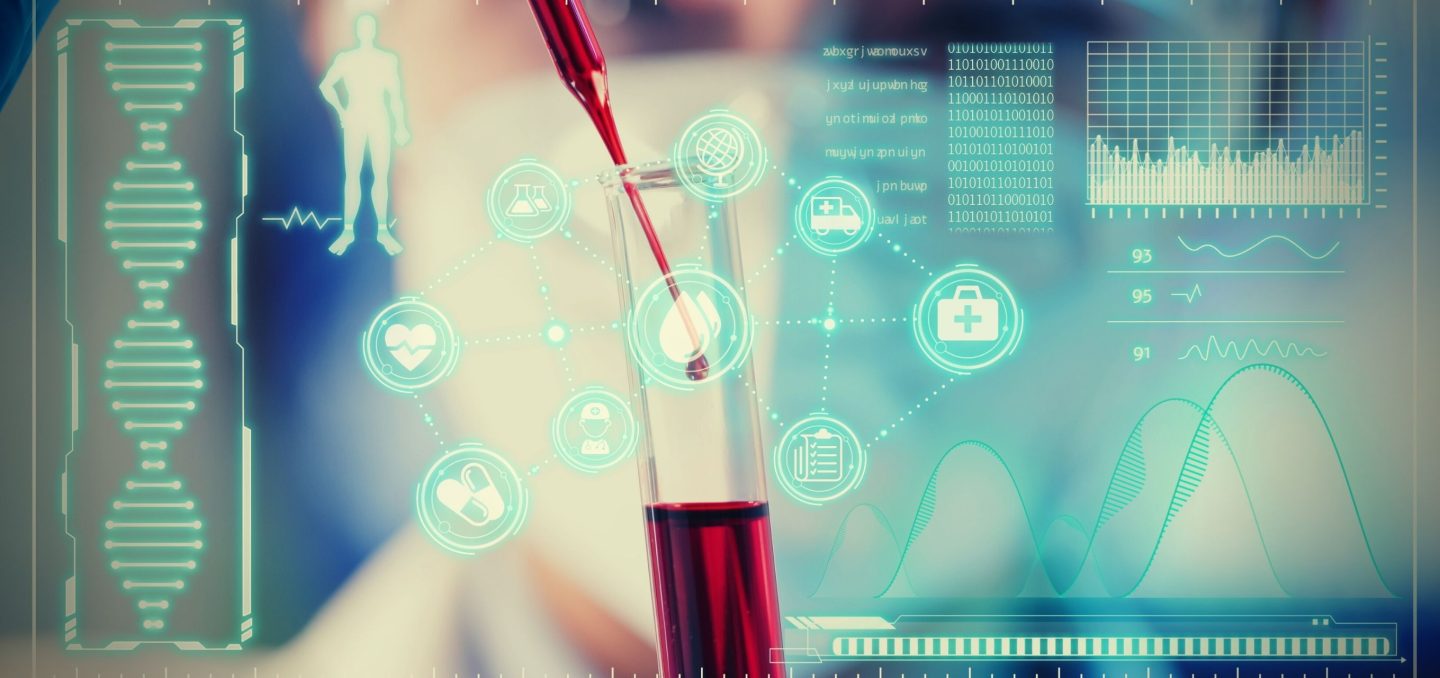We all remember Theranos and its CEO Elizabeth Holmes’ dream of using a drop of blood to diagnose a whole range of conditions, including HIV and cancer.
“First, they think you’re crazy, then they fight you, and then all of a sudden you change the world.”
But we all know how it unfolded. Above all, we know that what she dreamed of is still badly needed.
The idea of simplifying healthcare, making it affordable and easy for everyone, is one that many have been pursuing for the past 15 years or so.
Blood-Testing Innovators
With a renewed focus on prevention, blood tests can be said to be the centre of innovative medicine and personal care.
Blood tests are at the heart of the debate about innovative medicine and personal care. Classic analysis laboratories, which are subject to staff shortages, are being replaced (or rather, implemented) by new, increasingly effective, and faster methods. This is where digital medicine plays a key role, as do these innovators.
We are witnessing a renewed surge of dynamism, with numerous established startups and scale-ups leading the way in the Blood Tech ecosystem. Scale-ups unveiled years ago in the US are conquering the market, such as Athelas, which makes it possible to check a patient’s immune system through minimally invasive blood draws taken conducted at home. Founded in 2016, it continues its activities together with other leading American companies such as Karius specialized in genomic mapping for infectious diseases.
On the other side of the pond, we are witnessing a real revolution in the field. Numerous startups and scale-ups are dedicated to improving the healthcare system through innovative digital medicine solutions that seamlessly integrate with local healthcare realities.
Aware, for example, is a software program that educates users about prevention and empowers them to take control of their health. Aware offers precise monitoring and facilitate communications with specialists, providing comprehensive and accurate check-ups with minimal blood samples.
On the front of social empowerment, theblood focuses on educating women about diagnosable diseases through insights gained from their menstrual cycles. Through the analysis of menstrual blood, it enables the detection of biological irregularities and possible delays. When it comes to digital diagnostic infrastructure, DasLab is a pioneer. In fact, it connects companies and professionals simplifying workflows, enhancing user experience, and optimizing data management across home diagnostics, point-of-care, and professional samples.
Through technologies such as liquid biopsy and DNA sequencing, it has been possible to gain a deeper understanding of the molecular networks underlying diseases. These advancements have significantly contributed to oncology and cancer prevention. A notable example is Grail, a company specialized in detecting tumor traces in the blood of asymptomatic individuals.
SOPHiA provides precise analyses for the prevention of blood cancer, which is the fourth most common type of cancer in the world. Freenome likewise does similar work, focusing on the prevention of all diseases starting with a simple blood test. It also focuses on all types of cancer. Grail also adopts a similar approach, aiming to change cancer’s trajectory and make it a non-fatal disease by carefully uniting all stakeholders.
Thriva, on the other hand, offers a very precise analysis service aimed at people who want to adopt a healthier lifestyle. This is done by always keeping their cholesterol levels under control. Everlywell provides the same service, alongside virtual 1:1 meeting with team experts.
Many of the most serious diseases are easiest to predict. LetsGet Checked offers services to bring prevention to the home, with special kits that can be used by anyone and online consultations always available.
Artificial Intelligence is constantly changing and updating, so it is easy to think that this has also changed blood tests. Livo distributes next-generation blood and Pap smear analysis products. It can be used in all conventional facilities and can be easily integrated into hospitals and private testing laboratories.
The increasing presence of scale-up and start-up in digital medicine can be attributed to blood tests affordability. Combined with advancements in Artificial Intelligence (A.I.), the future of medicine is becoming more accessible and less burdensome for both the users and the healthcare system. Blood tests diagnose cardiovascular and infectious diseases and also serve as a foundation for in-depth studies on longevity and prevention. With adequate funding and attention from the health sector, blood tests could play a crucial role in preventing neurodegenerative diseases.
Looking ahead, the focus will shift towards mass consumers, integrating BloodTech pioneering approaches into clinical trials that cater to real-world health systems rather than solely relying on out-of-pocket consumers.



